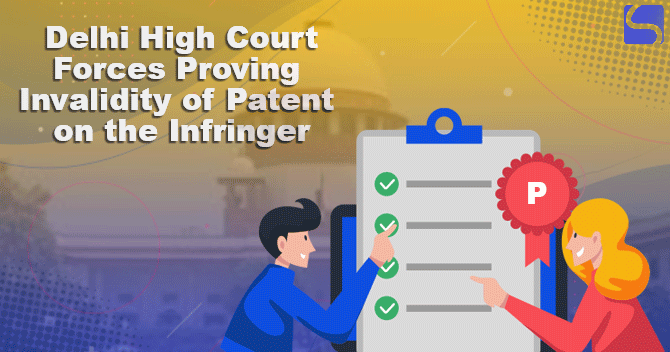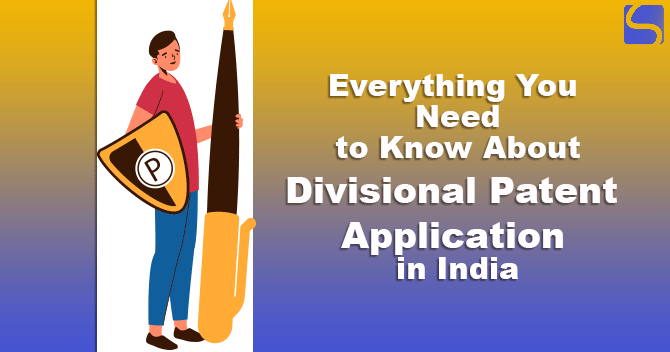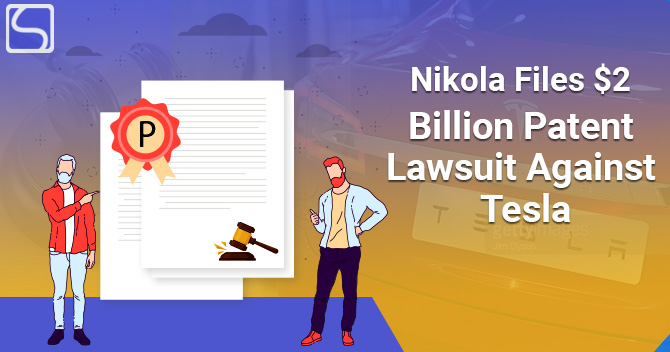What are the Common Mistakes People Commit During Patent Licensing and Selling?
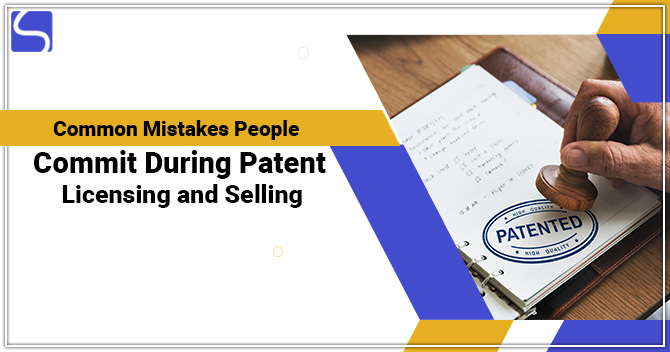
Karan Singh | Updated: Sep 20, 2021 | Category: Patent
To monetise Patents, most businesses around the world face difficulties in picking the correct strategy. Nine out of ten Patents fail to create value for their respective owners. Such Patents don’t get implemented in products, nor do they find any licensing opportunity in their lifetime. The high-stake deals relating to Patent licensing and selling leave a small margin for mistakes, as problems that arise at this stage can cost a chance. Scroll down to check some common mistakes people commit at the time of Patent licensing and selling.
Table of Contents
What is the Concept of License?
License is a means by which an asset owned by a party can be used by another party in exchange for a series of payments or payments being made, and it is termed as a Royalty. Most common assets exchanges in such preparation may be certain IPRs, formulations, products, etc.
Generally, licenses are reduced to written contracts that define the obligations, limitations, obligations, duties, and payment schemes that have been approved upon by the parties in question. The rights granted through a license may either be complete, i.e., Absolute License may be permitted, or only certain rights or rights that may be shared with others that is a non-exclusive or limited license. In case of a violation or infringement of any terms of the Licensing Agreement, the license may descend and be terminated. The licensee may also be required to pay penalty charges.
A license should be looked at as a temporary & limited transfer of exclusive rights over an asset as, eventually, the rights of ownership over the asset will remain with the licensor. Another way to this arrangement is the original purchase of the asset by the licensee from the licensor. But, in many cases, licensors don’t choose to sell their assets as they prefer more collecting the licensing benefits in the future or other territories and for alternative objectives. Hence, a license is vital merely a group of rights over an asset assigned to the licensee while the proprietorship continues to remain with the licensor.
Significance of Patent Licensing and Selling in a Business
Some businesses or companies may consider Patents as ad-hoc profits stream rather than a part & parcel of the more excellent business plan. Instead, they should look at Patents as a regular alternative profit stream that can complement their primary business activities. For instance, when a company builds Patent, they have some choices; they can either exercise them by incorporating them into their goods and services or sell them at a heavy price.
Businesses can also decide to license their Patents and make a profit out of royalties. But, the catch is that sometimes Patent licensing and selling deals can be enormously complex. They often leave the area for costly mistakes. The idea is to predict such problems & avoid them entirely.
Mistakes People Commit During Patent Licensing and Selling
Following are some common mistakes people commit at the time of Patent licensing and selling:
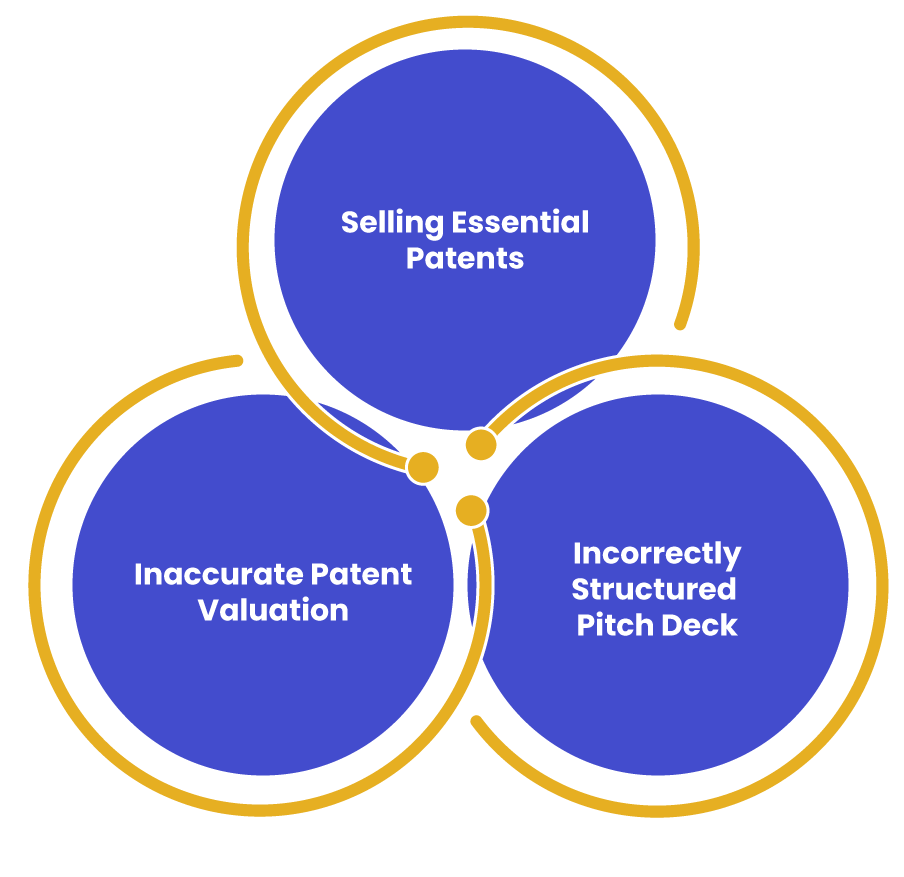
- Inaccurate Patent Valuation: This is one of the major mistakes peoples commit at the time of Patent licensing and selling. Since there are no industry criterion procedures for Patent Valuation, businesses may incorrectly estimate the Patent value or even the whole patent portfolio. Patent Valuation approaches based on the cost, market, or income aspects can aid to a great extent incorrectly judging the Patent Value.
Skilled in executing such processes, external Patent Valuation professionals have enough experience and domain-specific information to calculate Patents and correctly estimate the Patent Value. Such professionals examine the present prices of identical patented products in the market, the advanced level of the technology being utilised in the Patent, as well as the possibilities of it being violated by current products. With the support or assistance of such an external Patent Valuation professional, one can refrain from undervaluing Patents in licensing and sale deals.
- Selling Essential Patents: Without a correct Patent portfolio evaluation, organisations may finish selling their vital Patents, which are connected with their primary activities. Hence, it is recommendable to always license such Patents instead of selling them. Otherwise, the company may lose its competitive edge in the market. Companies must calculate their Patent portfolio regularly origin to recognise Patents that are core and non-core to their business.
Further, they can also execute an active competitive examination to recognise the core and non-core domains for their opponents. For instance, if a company’s non-core activity is core for its competitor, then that Patent shouldn’t be sold as it is basic for them; those Patents can be used for self-protective purposes.
- Incorrectly Structured Pitch Deck: Most businesses commit mistakes while structuring a pitch deck for their Patent portfolio[1] or Patent while Patent licensing and selling. In other terms, a Patent pitch deck is a PowerPoint deck defining the Patents available for license or sale along with seller or licensor and market information.
As many Intellectual Property- intensive companies have numerous Patents in their portfolio, a common mistake committed by them is that they often associate 70 to 80 Patents of each asset within that pitch deck; however also the appeal of the complete pitch deck from an outlook of the buyer. An effective way to design a pitch deck is to accommodate 20 to 30 Patents within one deck. Further, there should be a combination of deal drivers and enabler Patents within the pitch deck.
Enabler Patents assist the buyer or licensee to boost their Patent portfolio value. They are not directly violated by-products in the market, but they encourage the relating technology value. So, create a pitch by putting capable enabler Patents with deal drivers in the pitch deck.
Conclusion
While discussing the common mistakes people commit during Patent licensing and selling, it is essential to hire an expert who will help you avoid such mistakes. Since Patent licensing deals are pretty complex, companies shouldn’t hesitate to take some help from external strategic partners who can accurately guide them through the arrangements. They help companies control the full capability of their Patent portfolio or Patents by avoiding costly mistakes.
Read our article:What is the Meaning of Software Patent? – An Overview












